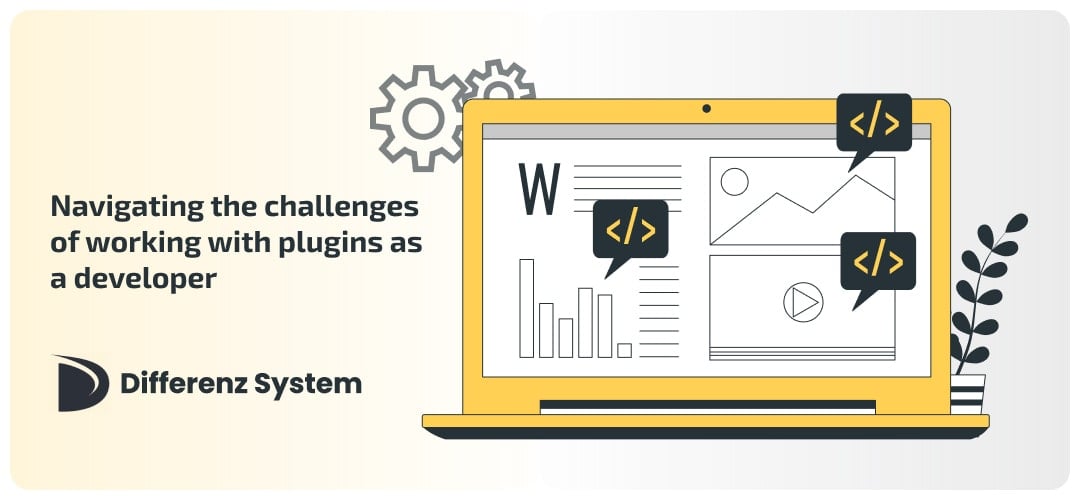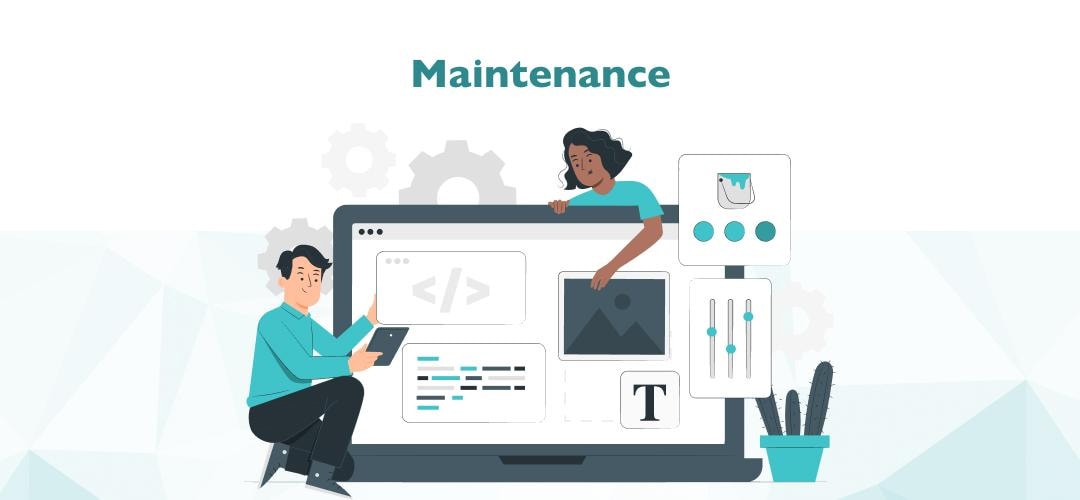
Plugins are a fundamental component of modern software development, enabling developers to extend the functionality of existing applications without having to rebuild them from scratch. However, working with plugins can present several challenges for developers. In this blog post, we'll explore the most common challenges developers face when working with plugins and discuss strategies for overcoming them.
Main difficulties that developers usually face when dealing with extensions
Compatibility issues
Plugins can often have compatibility issues with the application or other plugins, which can lead to crashes, errors, and other issues. To overcome this challenge, developers must ensure that the plugins they are working with are compatible with the application and other plugins being used.
Maintenance
Plugins need to be regularly maintained to ensure they continue to work correctly with the application. This can be time-consuming and require significant resources, especially if the plugin is complex or has a large user base. Developers must be prepared to invest the necessary time and resources to maintain the plugins they are working with.

Security
Plugins can pose a significant security risk to an application, especially if they are developed by third-party developers. Developers must ensure that the plugins they are using are secure and free from vulnerabilities that could compromise the application's security.
Documentation
Good documentation is crucial for developers to work efficiently with plugins. However, many plugins lack sufficient documentation, making it difficult for developers to understand how they work and how to use them effectively. Developers must be prepared to spend time researching and testing plugins to gain a deeper understanding of how they work.

Integration with existing code
Another challenge developers face when working with plugins is integrating the plugin with the existing codebase. Depending on the software's architecture and the plugin's complexity, integrating the plugin may require significant refactoring or re-architecting of the existing codebase. To mitigate this, developers should design their plugins to be modular and easily integrable with existing code.
Performance
Plugins can impact an application's performance, making it slower and less responsive. This can be especially problematic if the plugin is essential to the application's functionality. Developers must ensure that the plugins they are working with are optimized for performance and do not negatively impact the application's performance.
We will discuss some possible solutions for creating plugins that are effective and efficient.
How to minimize the bad effects of working with plugins
Determine the needs of your users
Before starting the development process, it's essential to understand the needs of your users. Ask yourself what problems they are trying to solve or what features they need to make their experience better. Gather feedback and user insights from surveys, interviews, and online forums. This information will help you create a plugin that solves real problems and meets the expectations of your users.
Choose the right development framework
Choosing the right development framework is crucial when creating a plugin. Several frameworks can be used, such as WordPress, Drupal, and Joomla. Each of these frameworks has its unique strengths and weaknesses, so it's essential to consider which one best fits the requirements of your plugin. For example, if you are developing a plugin for WordPress, you can use the WordPress Plugin API, which provides various tools and resources to make the process easier.
Plan and design the plugin carefully
Planning and designing a plugin is a crucial step in the development process. Define the scope and requirements of your plugin before you start coding. Make sure to create a simple and intuitive user interface that's easy to use. Consider the compatibility of the plugin with other systems, including web browsers, operating systems, and platforms.

Test the plugin thoroughly
Testing is a critical step in creating a plugin. Test the plugin to ensure it works correctly and seamlessly with the existing system. Use various testing tools and techniques to detect and fix any errors or bugs. Also, ensure that the plugin meets the performance requirements and does not cause any conflicts or errors.
Release and maintain the plugin
Once the plugin is ready, release it to the public. Promote it through various channels, including social media, forums, and blogs. Consider offering documentation and support to help users get the most out of the plugin. Also, keep the plugin updated to ensure it remains compatible with the latest updates of the platform and its components.
Creating a plugin can be a challenging task, but it can be rewarding to see it in action. Our plugin has been designed with compatibility, security, and scalability in mind, to ensure a seamless experience for both developers and end-users. We have implemented best practices for plugin development and thoroughly tested the plugin to ensure its functionality and reliability. If you're interested in using our plugin for your website, be sure to check our plugin Twilio SendGrid Email Plugin and see how it can enhance your site's functionality.
Conclusion
In conclusion, working with plugins can be challenging for developers. However, by understanding and addressing these challenges, developers can take advantage of the many benefits plugins offer while minimizing their potential downsides. Whether you are developing your own plugins or working with third-party plugins, it's essential to approach the process with a clear understanding of the challenges involved and a plan for overcoming them.
The post was written by Differenz System, a Gold solution partner, a rapidly growing and client-focused online, app, and software development firm. They stay up to date in a quickly evolving digital environment to ensure that they are offering all of their customers the most cutting-edge, imaginative, and user-friendly products available.